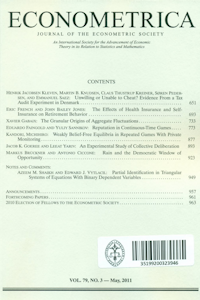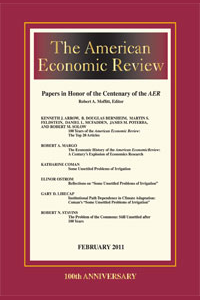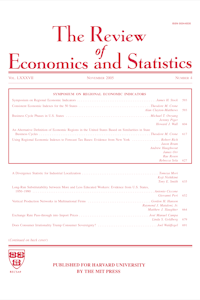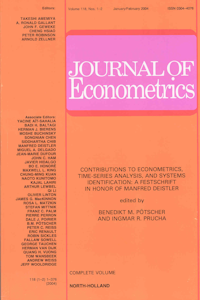
Beltran Tapia, F.J.
Commons and the standard of living debate in Spain, 1860-1930
Cliometrica
pp. 1-22 (2014)
Abstract: Biological living standards stagnated or even declined during the transition to modern economic growth. Although income per capita was increasing, other indicators, such as mortality rates or heights, portrayed a completely different image. This paper adds to the standard of living debate by analysing the potential effect of the privatisation of common lands. Although highly controversial regarding its impact on the modernisation process itself, its contribution to human welfare has somewhat received much less attention. Focusing on the Spanish experience, this paper exploits geographical variation over time by collecting a panel data set at the provincial level on three different periods: 1860, 1900 and 1930. The empirical analysis shows that the persistence of these collective resources is related with higher life expectancy and heights, particularly during the second half of the nineteenth century. Biological human welfare also seems to have been negatively influenced by the progressively decreasing role that local communities played on the management of these resources. The survival of common lands in some regions provided peasants with mechanisms different from the market, thus making the transition to a market economy more socially sustainable.
Keywords: Common lands, Privatisation, Biological living standards, Spain
JEL Codes: I15, I30, N34, N44, N54, Q15
Author links: Francisco Beltran
Publisher's Link: http://dx.doi.org/10.1007/s11698-014-0107-9 ![]()
Open Data link: https://link.springer.com/article/10.1007%2Fs11698-014-0107-9#Sec3




